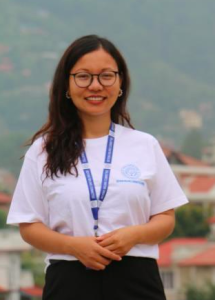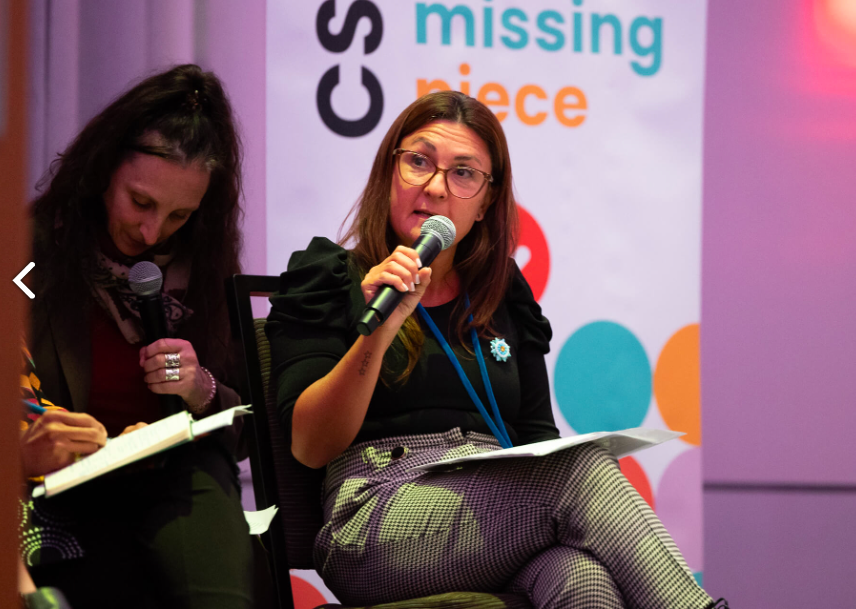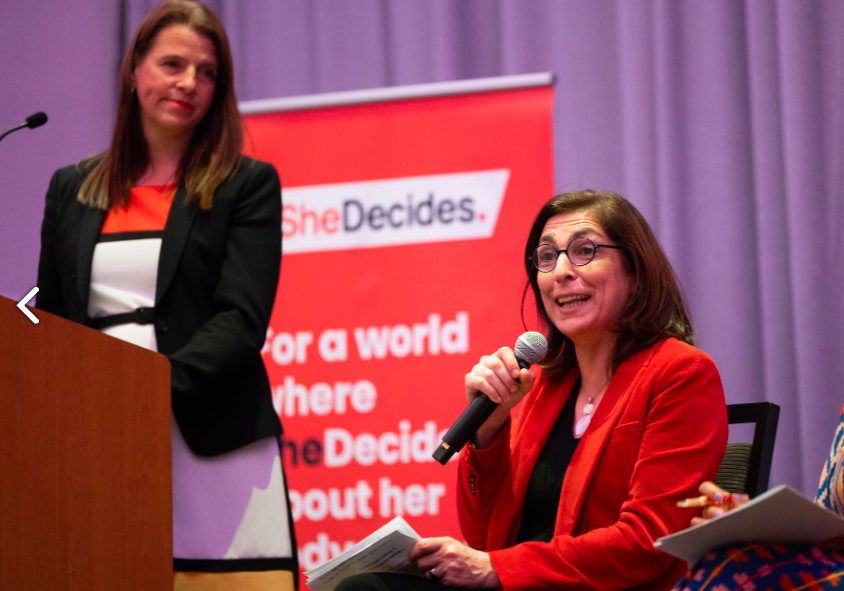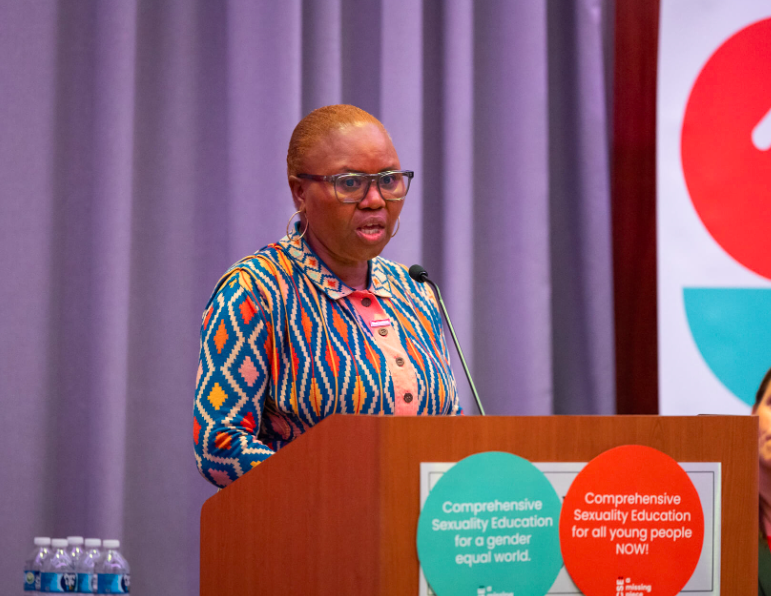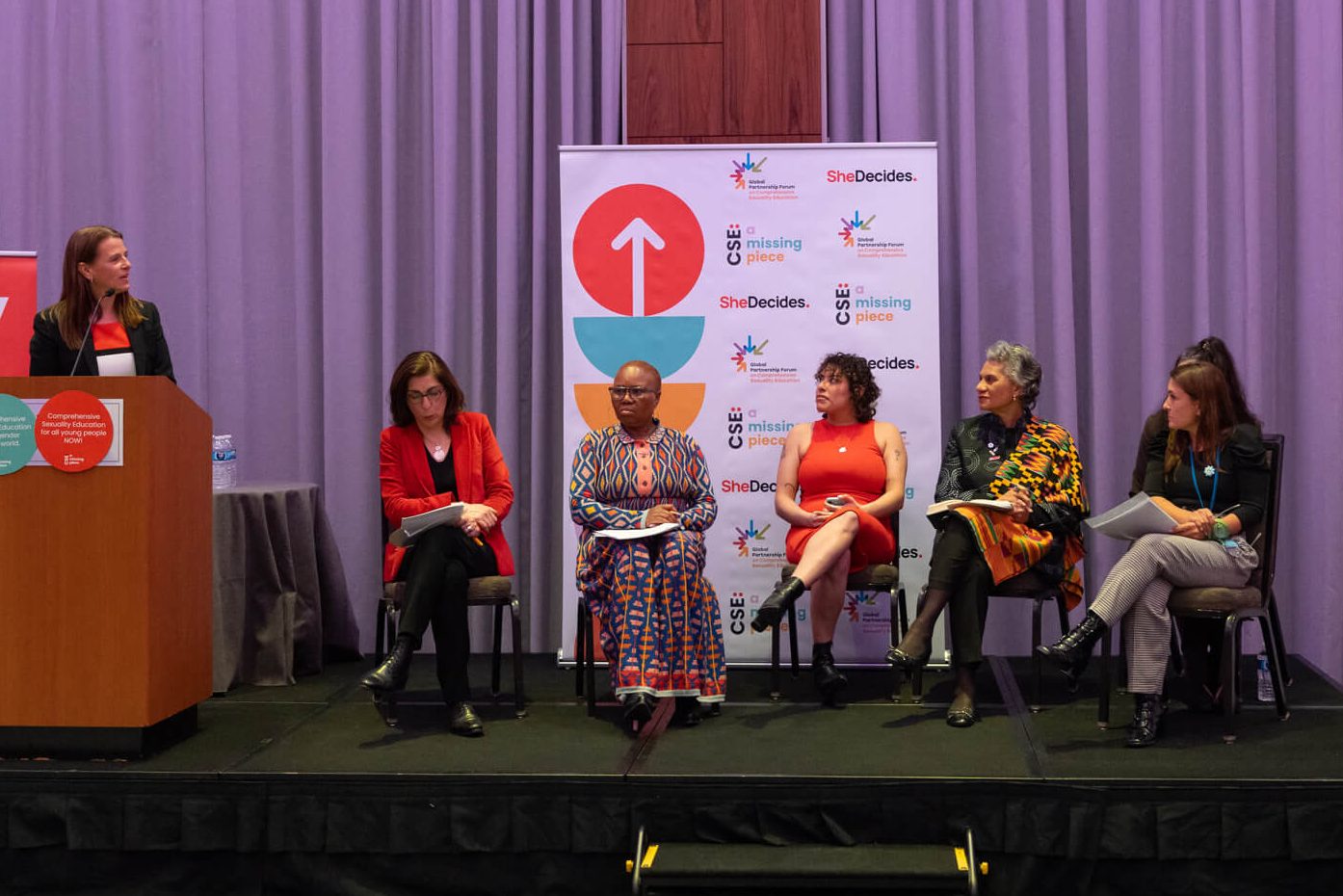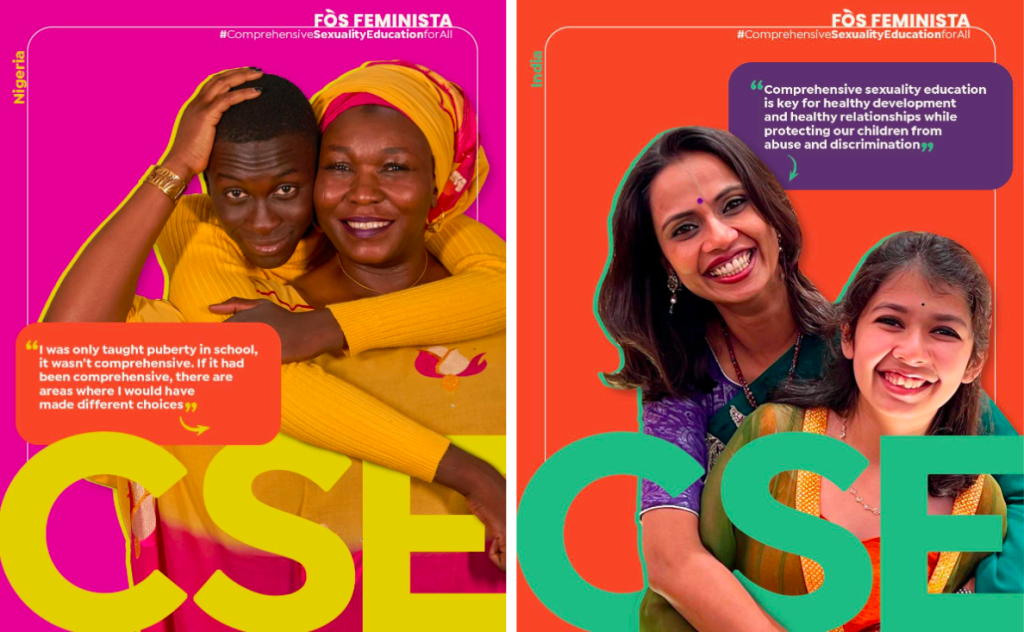Last month, Governments, civil society and activist working on sexual and reproductive health and rights (SRHR) convened in New York at the UN Headquarters for the 56th Session of the Commission of Population Development (CPD). During the weeklong gathering, tough negotiations took place between member states to agree how to advance their commitments on the global programme of action for ICPD. But despite great efforts governments did not reach consensus for an agreed outcome on this year’s important theme of Population, Education and Sustainable Development. We spoke with Levi Singh, Regional Policy Officer at SRHR Africa Trust and part of the official delegation of South Africa, and Jim Monkel, Youth Ambassador SRHR, The Netherlands, who both attended the CPD to share their reflections from inside the negotiation room.
Why was CPD important to you this year?
Jim: “The CPD is the global space where SRHR-related commitments from the International Conference on Population Development (ICPD), such as my focus theme inclusive Comprehensive Sexuality Education (CSE), are being discussed, negotiated and reviewed. Because I was part of the official delegation, the opportunity was provided for young voices to be represented at the UN. I delivered the Dutch national statement at the commission, and I was able to amplify the perspectives of the lived realities of young people all over the world and highlight the importance of inclusive Comprehensive Sexuality Education for young people living with disabilities. It is important to remember that the lives of young people are behind the resolutions we are negotiating about.”
Levi: “The last 5 years within the Sub-Saharan African region have been incredibly opportune for political advocacy to advance Comprehensive Sexuality Education, making important links to the Sustainable Development Goals (SDGs) and between school and health systems. Since 2018, CSE has been part of the core package of interventions prioritized by the SADC SRHR strategy 2030 and its scorecard to track progress. And in 2021, we celebrated the successful renewal and extension of the ESA commitment on education for health and wellbeing of adolescents and young people until 2030.
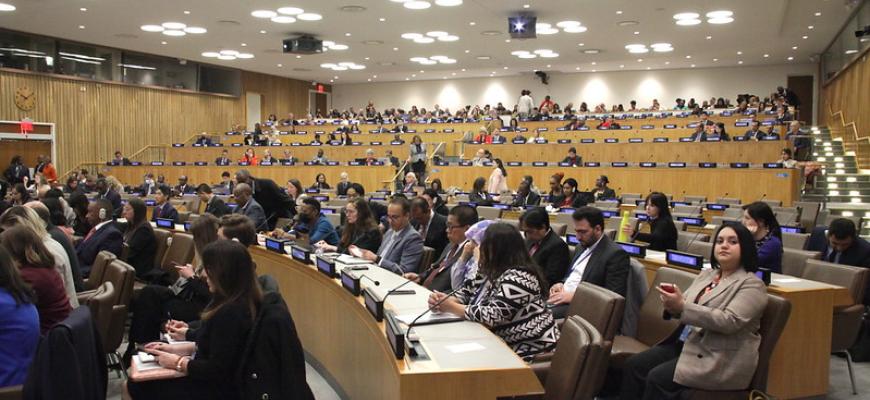
With all these recent developments, and the emphasis on getting education outcomes back “on track” after the pandemic school closures, I came into this year’s UN Commission on Population and Devlopment (CPD) with a sense of optimism and urgency. With African adolescents and young people in sub-Saharan Africa disproportionately affected by the triple burden of rising new HIV infections, unintended pregnancies, sexual & gender-based violence over the pandemic period, this 56th session of CPD presented an important opportunity to highlight the importance of CSE/life skills education as well as strengthening the linkages between education and health systems. “
What are your main takeaways from this year’s CPD?
Jim: “Likeminded states and likeminded civil society organisations (CSO’s) were well-coordinated. Due to this strong coordination, cohesive evidence-based arguments were put forward highlighting the importance of CSE. This was especially visible during the CSO statements, where most like-minded CSO’s were in line and complimentary to each other’s reasoning, making one big stance in favour of CSE.
On the other hand, it was also painfully visible how polarized the CPD is, with a vocal regressive minority claiming space, whilst a silent majority of states and CSOs were less vocal. With this it felt nearly impossible to find compromise on CSE during the negotiations, national statements and plenary sessions.”
Levi: “The open-mindedness and eagerness displayed by fellow delegates to engage set a positive tone for the commission, with the negotiation Chair (Moldova) as well as the facilitators (Indonesia & Mexico) working hard to build consensus. Unfortunately, certain Member States did not want to include any references to sexuality education in the negotiated text and it was not possible to reach agreement. The CPD therefore ended without an outcome, an all too familiar pattern which sets progress back when instead we should be moving forward and delivering on our commitments to ICPD and the Sustainable Development Goals.
A positive take-away was seeing likeminded Governments stand firm in the commitment to sexual and reproductive health and rights, working constructively throughout the negotiations to counter misinformation and to speak to the importance of Comprehensive Sexuality Education, delivering a cross-regional statement signed by 58 Governments.”

Looking ahead to ICPD+30, what do we need to prioritise to ensure that global goals and commitments are met by 2030?
Jim: “Priorities for ICPD+30 should be about finding a balance between building bridges and taking a stance. Depending on context (e.g. polarised space), it is important to evaluate how much you want to draw a line in the sand (like the good coordination of EU), or try to look for other ways of working, and how you can build bridges.
A good example of building bridges in this year’s CPD on CSE was during the closing ceremony Papua New Guinea delivered a touching statement on how they perceive themselves as conservative but still see the importance of CSE implementation. It is important to give space and reach out to countries from various regions to share their stories and to build bridges on the importance of SRHR and CSE.
Levi: We need to start early and intentionally with cross regional outreach. As it stands, Africa is the only region without any confirmed dates for its regional review of ICPD+30, which restricts the opportunities for civil society and Governments alike to evaluate progress and exchange in dialogue to tackle the unmet needs of communities’ health and rights.
With the 2nd UN High Level Meeting on Universal Health Coverage (UHC) planned for September 2023, we need to ensure that civil society and member states maintain the focus of SRHR in UHC. In 2019, we saw how politicized this issue became especially pertaining to a minimum integrated services package for SRH services. We need to ensure that what has been agreed to is not rolled back upon, and most importantly, new financial commitments are made – especially towards improving SRH commodity security, supply chains and innovative (people centered) delivery channels.
Finally, in my experience having participated in CPD since 2015, what we seem to be seeing year on year is more of a case of a vocal minority of member states overwhelming a silent majority. It is encouraging to see many countries doing impressive domestic programming on SRHR, CSE & gender equality. It is these stories of progress that need to be amplified. “
